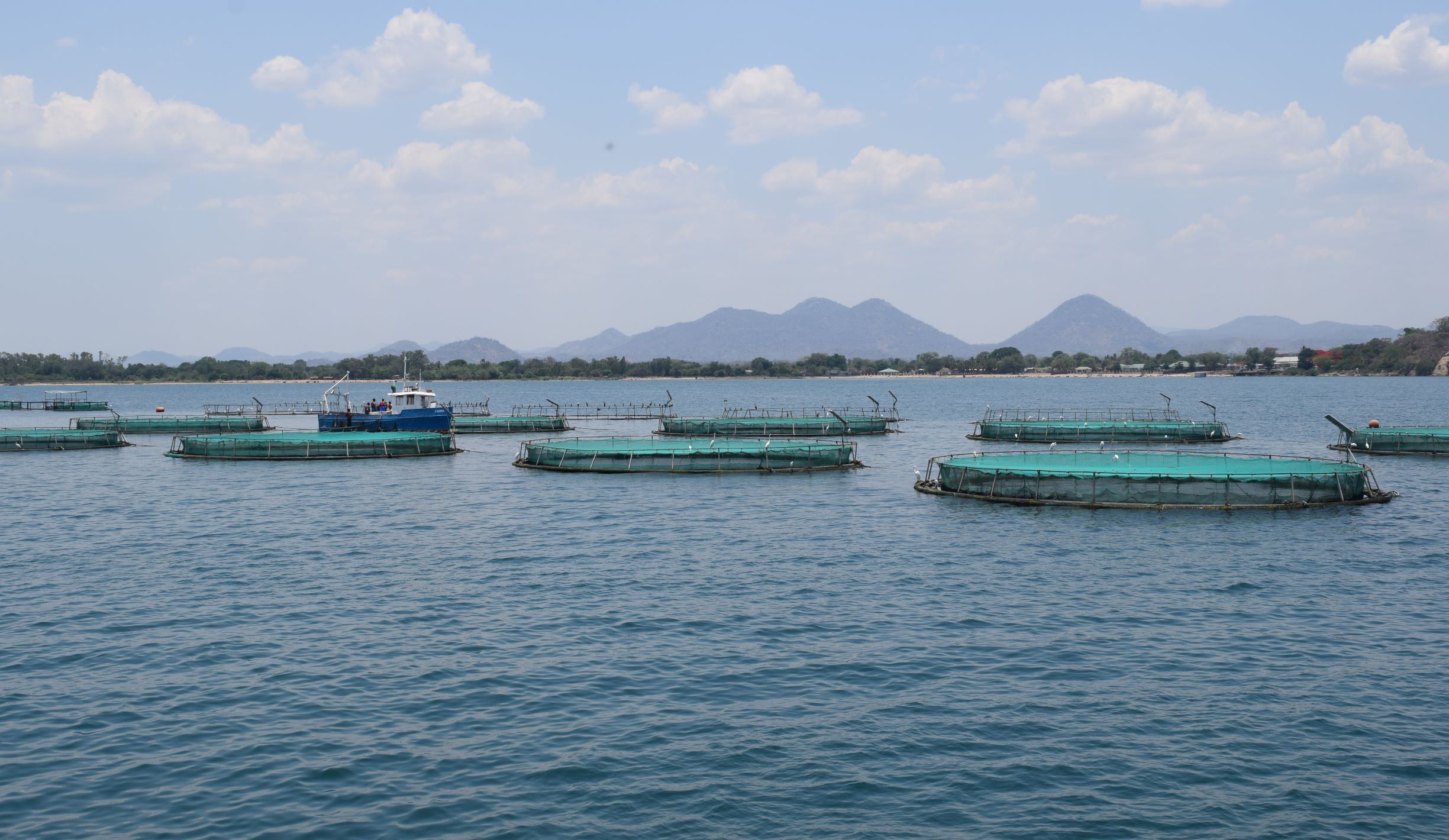MHRC decries poor ATI compliance
Malawi Human Rights Commission (MHRC) has decried low compliance to provisions of the Access to Information (ATI) Act by government ministries, departments and agencies (MDAs) which still hide critical information to the public.
Speaking during a panel discus s ion organised by Media Institute for Southern Africa (Misa) Malawi Chapter in Lilongwe yesterday as part of the commemoration of the 2023 World Press Freedom Day, MHRC officer responsible for ATI implementation Chancy Kalolokesya said since the enactment of the law in 2020, the commission has only registered three complaints.

He said this could be an indication that not many people are using the law.
Kalolokesya urged the public to report any non-compliance with the law to the commission.
He said: “What is important is that all of us should be on our toes and take to task those officers who fail to comply with the law. Unfortunately, not many come to register complaints. We can only act when we have complaints.”
Ministry of Information a n d D i g i t i s a t i o n d e p u t y d i r e c t o r o f i n formation Arthur Chipenda acknowledged existence of hiccups in the implementation of the ATI law, but said the ministry will soon announce names of appointed information of f icers in MDAs as custodians of public information.
He said the ministry will also encourage public institutions to proactively disclose information.
“We sit on information that does not even land us into trouble. We need a mindset change to see value in this piece of legislation and we are doing our part in this regard,” Chipenda said.
Plan International Malawi country director Phoebe Kasoga, who was also a panellist, said there is need for penalties for non-compliant officers and institutions to deter others from violating the law.
Taking her turn, Misa- Malawi chairperson Teresa Ndanga said there is need for further orientation for the public to appreciate how the law works for improved usage.
European Union Ambassador Rune Skinnebach asked journalists to take
advantage of the law to ask tough questions and follow up on reported issues for thorough and conclusive reporting on cases on alleged corruption.
“You need not only write that there is a pothole or there is corruption going on but ask the authorities what they did about this pothole, and if they fixed it, ask ‘how come there is a pothole again two weeks later?’ Only in this way will it achieve the mission of strengthening democracy as a fourth arm of government,” he said.
Meanwhile, a joint press release issued by Amnesty International and Misa yesterday condemned attacks on journalists across East and Southern Africa which they observed have been on the rise as authorities seek to suppress press freedom.
The statement cited the arrest of Platform for Invest igat ive Journal ism founder in Malawi Gregory Gondwe in April 2022 for publishing a story alleging police corruption related to the procurement of water canons worth millions of dollars. He was released without charge, but is still facing charges related to the illegal transmission of information online, under Section 91 of the Electronic Transaction and Cyber Security Act of 2016, which carries up to five years imprisonment if convicted.
This year marks the 30th anniversary of the World Press Freedom Day established by the United Nations in December 1993 following a recommendation of Unesco’s General Conference.
The day provides an opportunity to recognise the importance of press freedom and the foundational role that the media plays in supporting human rights and free societies.





